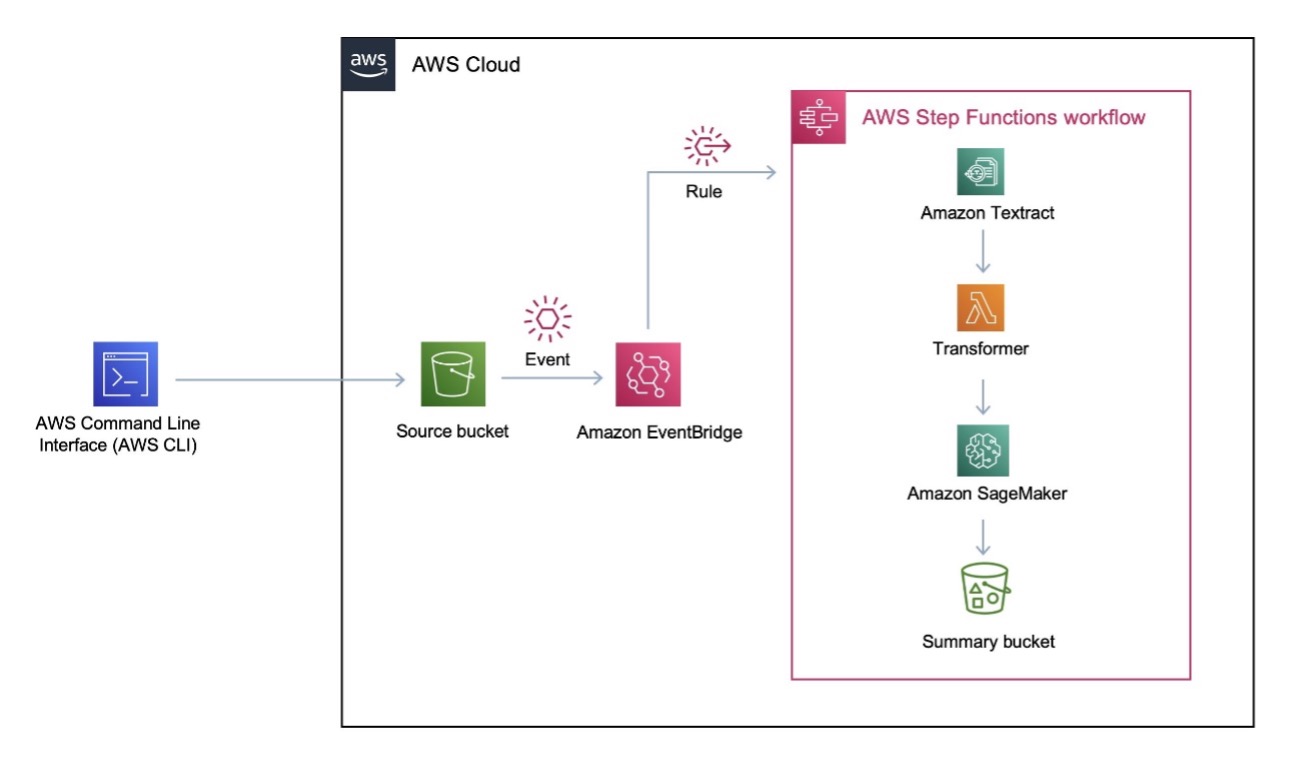
Improving Generative AI Thought Patterns
In an era where generative AI is becoming increasingly integrated into our daily lives, enhancing its cognitive processes has become crucial. A newly published approach to refining generative AI and large language models (LLMs) relies on the well-known principle of “think before you act.” This foundational idea urges not only careful deliberation but also the continuous improvement of one’s thought processes. The aim? To optimize reasoning and response quality in artificial intelligence.
The core premise is that if generative AI focuses on thorough pre-processing to logically articulate potential responses, the likelihood of generating more accurate answers increases. This technique is commonly described as chain-of-thought (CoT) reasoning, which has garnered much attention in AI research over recent years.
An exciting innovation within this field has emerged from a recent AI research paper proposing a novel methodology known as Thought Preference Optimization (TPO). This technique emphasizes supplementary data training based on internal chains of thought, designed to heighten the strength of CoT capabilities within generative models.
 Exploring thought processes in AI development.
Exploring thought processes in AI development.
Schooldays And Showing Your Work
Anyone who has faced the academic rigors of school will recall the insistence of teachers on showcasing one’s work in problem-solving. This practice not only clarified the logic behind answers but also cultivated a deeper understanding of the material at hand. In the context of generative AI, the application of similar principles can enhance performance and transparency. When users engage AI tools instructing them to process responses step-by-step, they facilitate an environment where the AI can elucidate its logical thought processes through what is termed CoT.
A critical question arises: Can AI effectively self-assess its logic while processing information? This capability will play a pivotal role in determining the future reliability and accuracy of generative models.
AI Research Moving The Needle Forward
Innovations in AI research, particularly from collaborative efforts involving institutions like Meta, the University of California, Berkeley, and New York University, have given rise to methodologies that prioritize optimal thought processing in AI. Utilizing TPO, initial results from studies indicate marked improvements on various performance benchmarks. Notably, this enhancement appears to span multiple domains, in contrast to previous studies focused on specialized areas such as finance, healthcare, and law. A universal approach that elevates AI performance across diverse fields holds great promise for broad applications.
 Breakthroughs in AI research promising enhanced generative capabilities.
Breakthroughs in AI research promising enhanced generative capabilities.
Thinking About Thinking Enriches Thinking
Warren Buffett once proclaimed, “There is nothing like writing to force you to think and get your thoughts straight.” This notion resonates deeply with the ongoing dialogue about transparency in AI processes. Much like how writing down logical steps during school years nurtured clear thinking, encouraging AI models to articulate their reasoning could pave the way toward more coherent and informed outputs.
Through diligent exploration of thought processes within AI, we aren’t simply polishing existing tools; we are reshaping the landscape of artificial intelligence itself. As LLMs evolve with enhanced thought-processing capabilities, they are sure to advance our understanding of complex issues while promoting accountability through transparency.
In conclusion, the journey toward optimizing generative AI continues. By instilling rigorous reasoning and a reflective approach within AI systems, we not only better our tools but also redefine the very essence of artificial intelligence. As the landscape shifts, one thing becomes clear: an AI that thinks before it acts poses incredible possibilities for innovation and progress.
 The future of AI depends on its thought processes.
The future of AI depends on its thought processes.















